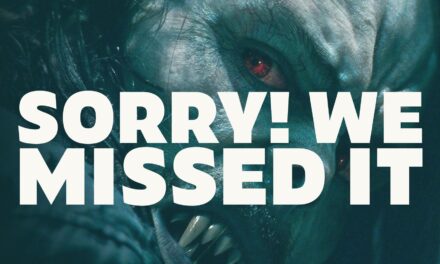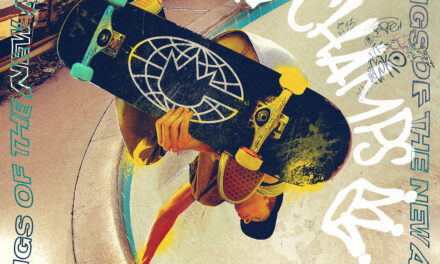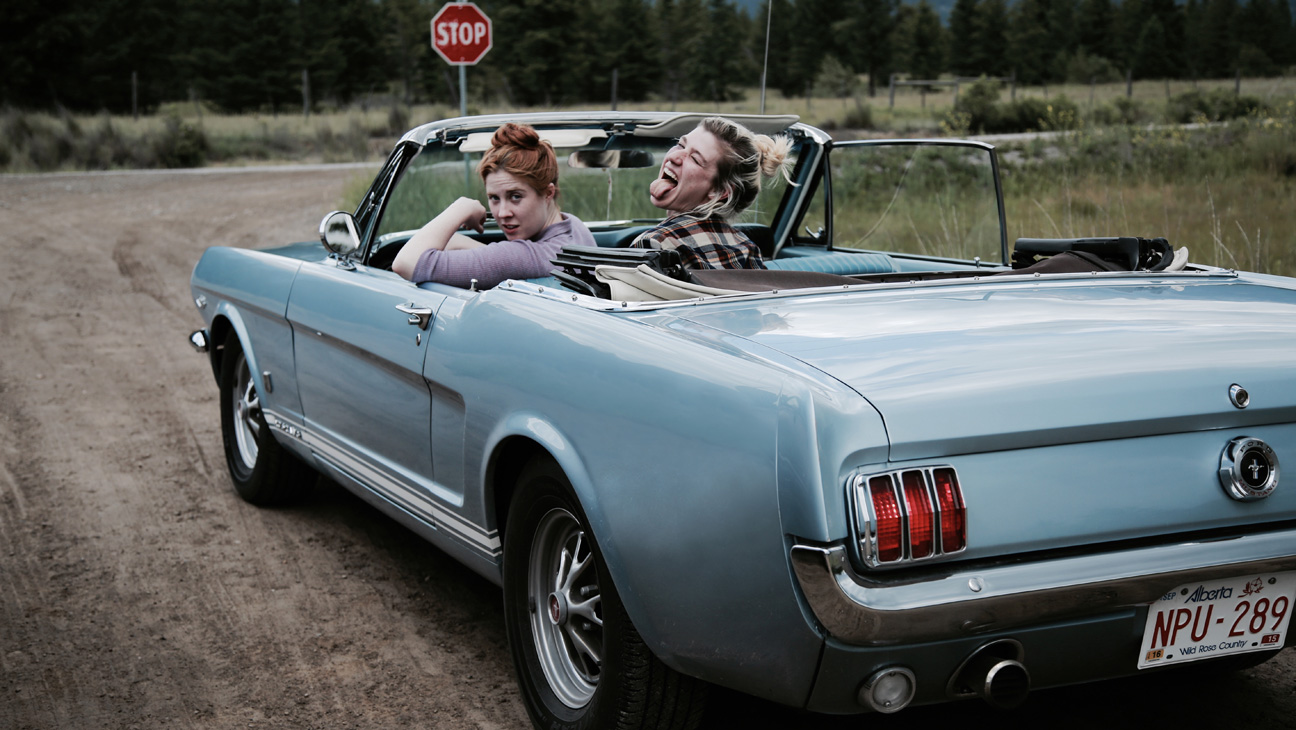It would be wrong to quantify Luca Guadagnino’s Challengers as just a film about tennis, a love triangle, or a neat combination of those two different things in a tidy package. The brilliance of what Challengers is exists within the messiness of unquenchable desire as it pertains to athletic achievement and relationships. You almost have to look at it through the lens of the film’s very first scenes. It’s 2019, and Art Donaldson (Mike Faist) is hitting the tail end of his tennis career. As he’s going through his regular warmup routine, the audience sees the roadmap of scars and wear on his body. His wife and former tennis extraordinaire Tashi Duncan (Zendaya) looks on in a highly upscale hotel room as the sportscaster notes that Art has only one grand slam to win in his career, the U.S. Open. She’s laser-focused and uncompromising in her coaching. There might be a way to shake Art out of his funk: a warm-up tournament in New Rochelle, N.Y. Art will get in, win the tournament quickly, and have the momentum he needs to check off that final career box. Simple right? Well, they didn’t count on one thing.
On the opposing side is Patrick Zweig (Josh O’Connor), an unorthodox tennis player with a flare that’s down on his luck. It just so happens that Patrick, Art, and Tashi have a considerable amount of history together. It’s something that writer Justin Kuritzkes artfully portrays throughout 13 years through various flashbacks. Is it disorienting? Not so much. There’s a time and a place for where you go and why that particular moment is critical in understanding this trio’s engagement. The techno score formulated by Trent Reznor and Atticus Ross invokes a sense of being at a hot, active, sweat-drenched nightclub. A place where you can leave all of your inhibitions aside, and the darkness and pulsating synths almost allow you to be the hedonistic person you want to be. With Challengers, it starts at a tennis court; the heat of battle, the contortions of muscles, and the war cries almost feel climatic in another sense. As Tashi says at one point, “Tennis is a relationship.” With the energy and fury you expend only being separated by a net, it might feel like one.
As I noted, things get slightly more complicated in lieu of “boys meet girl, then boys compete for girl.” Art and Patrick have been friends since they went to boarding school together at 12 and even competed in team competitions. But one day, they see Tashi, a fireball of competitive fire, mowing down her competition as she progresses toward college. Their paths together splinter in the pursuit of Tashi at a party made for her. Both men are mesmerized by Tashi’s beauty, but a deeper fissure exists in that. Art marvels at her play and commitment to her craft, while Patrick is more inclined to elect for something outside the existence of sport. As they talk to her, they stumble over their words and invite her back to her hotel room. Even before the failed three, some of which you can also look in between the lines of (where Guadagnino and Kuritzkes shine), Tashi knows she’s got them. A simple smirk and an inference of their singles match resulting in the winner gaining the coveted prize of her number. There’s a clear victor, but the tennis competition doesn’t wholly stop once the rackets are placed in their bags.
We witness the de-evolution of a friendship and a forever journey into a romantic conquest, where each person seeks to get something out of it. Art and Patrick are like many long-term male friendships- they have a unique language and consult one another on particular life changes. It’s interesting how much of that falls away once a third element is introduced. Then, the things that irk you about this person become more apparent because you’re pursuing a goal you don’t feel they deserve. Will a tournament trophy do that? It sure doesn’t seem so. However, the promise of Tashi and the pedestal they put her on is enough for that bond to weaken. Tashi’s character changes when she suffers a cataclysmic knee injury that ends her tennis career for good. It’s not for the lack of trying as we witness her struggle to make some comeback. In that epiphany, Something inside of her doesn’t lose touch with that competitiveness that can’t necessarily be quenched in the business world. Tashi knows that two men will always fight for a piece of her that she keeps at a distance or provides in dosages.
I don’t feel that Guadagnino is in any way making her out to be a villain of sorts. Zendaya does a phenomenal job of knowing when to provide vulnerability and, at the same time, providing a fiery comeback. But Tashi could easily be a metaphor for something else that both athletes chase within themselves and want permission to do. Maybe it’s love, releasing yourself a relentless amount of goal setting, or even having a goal. Challengers takes the rather intimate game of tennis and makes you feel all the ingredients as to why it’s important to each person involved. Cinematographer Sayombhu Mukdeeprom captures the perspective of the tennis ball and the furiosity of the back-and-forth agreement between two players who are playing for much more than winning the day. There’s much more on the line and you’ll hang on every serve.













